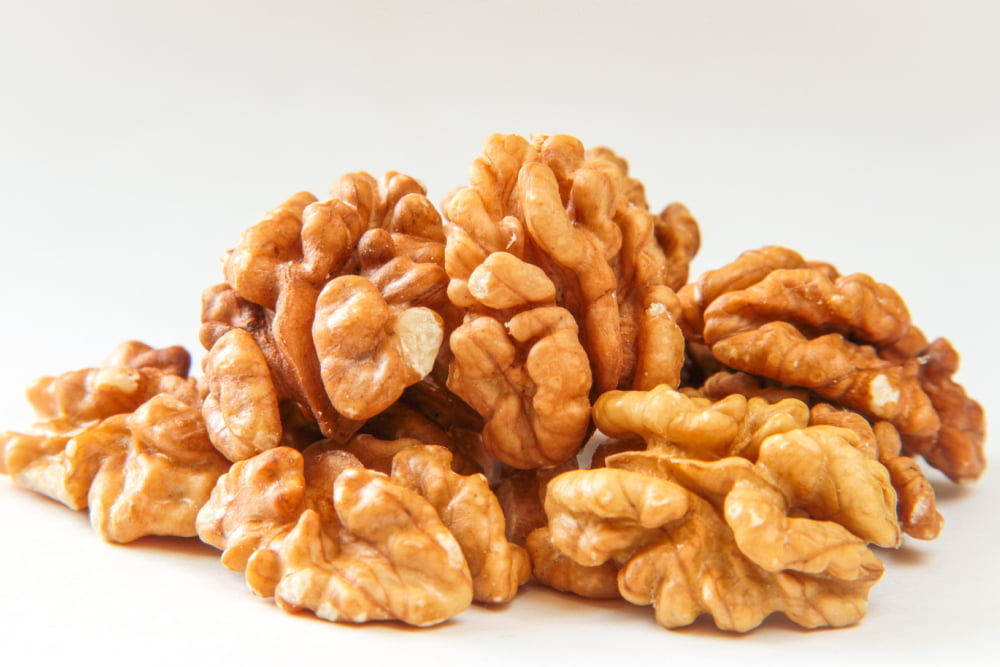
10 Superfoods to Help Manage Rheumatoid Arthritis
Rheumatoid arthritis (RA) is a chronic inflammatory disorder that primarily affects one’s joints but can also have systemic implications. The inflammation can cause a lot of pain, stiffness, and swelling in the affected areas. Certain superfoods have been identified as beneficial in combating the symptoms due to their anti-inflammatory properties and nutrient content. This post explores a few superfoods patients can incorporate into their daily meal plans to manage the condition’s symptoms.
1. Nuts
Nuts are a powerhouse of nutrients. They are rich sources of monounsaturated fats, known for their heart-protective properties. Walnuts, in particular, are rich in omega-3 fatty acids, which may help control inflammation in individuals with rheumatoid arthritis. Eating nuts in moderation is key, as they are calorie-dense but provide essential nutrients for overall health.
2. Whole grains
Whole grains like brown rice, oats, and quinoa have more nutrients and fiber than refined grains. A food regimen rich in these may lower C-reactive protein (CRP) levels, an indicator of joint inflammation. When selecting whole grain products, patients should look for labels that specify “100% whole grain” or carry the Whole Grain Stamp.
3. Beans and legumes
Beans and legumes are fantastic protein, antioxidant, folic acid, magnesium, iron, zinc, and potassium sources. These nutrients are known for their heart and immune system benefits, which are particularly important for individuals with rheumatoid arthritis. Some recommended choices include black beans, garbanzo beans, red kidney beans, and black-eyed peas.
4. Cherries
Cherries are known to be rich in anti-inflammatory compounds and antioxidants. Montmorency tart cherry juice has been found to reduce uric acid levels and increase specific anthocyanins in the bloodstream, which may alleviate rheumatoid arthritis symptoms.
5. Avocados
Avocados are a nutrient-dense food rich in monounsaturated fats and various vitamins and minerals. They are often included in anti-inflammatory food regimens. However, it is essential to meet healthcare providers or nutrition experts for personalized advice on including avocados in a rheumatoid arthritis management plan.
6. Green tea
Green tea is abundant in catechins, which interrupt inflammation pathways. Studies have shown that green tea’s anti-inflammatory effects may soothe rheumatoid arthritis symptoms. While most studies have been on small samples, a larger-scale study associated a higher intake of green tea with lesser disease activity.
7. Turmeric
Turmeric contains curcumin, a compound with strong anti-inflammatory properties. Research suggests curcumin can help quell inflammation, potentially benefiting those with rheumatoid arthritis. The exact amount of the compound needed to be consumed to achieve these benefits is still under investigation.
8. Dark chocolate
Dark chocolate could be a sweet addition to a rheumatoid arthritis management plan. It is rich in antioxidants known as flavonoids, believed to possess anti-inflammatory effects. However, moderation is key due to the food’s calorie content. Choosing dark chocolate that has a high cocoa content is vital for maximum benefit.
9. Flax seeds
Flax seeds are a good plant source of omega-3 fatty acids that can help control inflammation. It is crucial to balance omega-3 and omega-6 fatty acid consumption. Incorporating flax seeds into the food regimen may reduce inflammation and promote overall health.
10. Peppers
Peppers, particularly those that are brightly colored, are high in vitamin A and beta-carotene, which are thought to combat inflammation. Regular consumption of these veggies in recommended serving sizes can maximize their benefits. A single serving of peppers can add flavor and nutrition to any meal, potentially aiding in managing rheumatoid arthritis.


